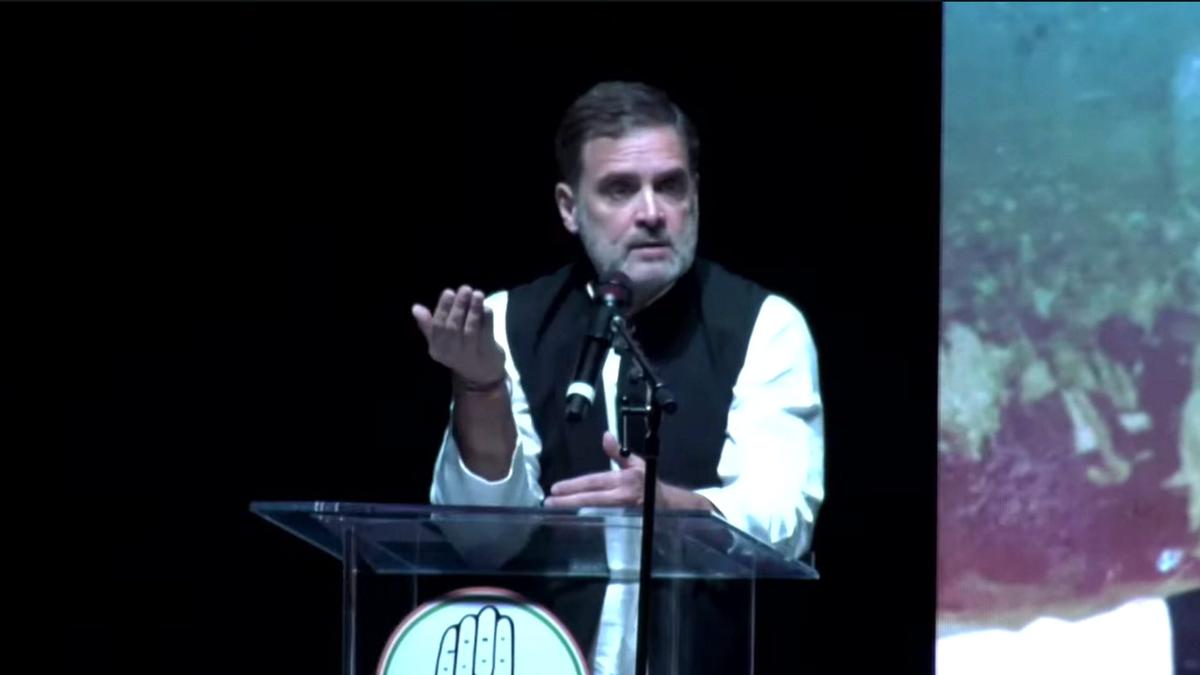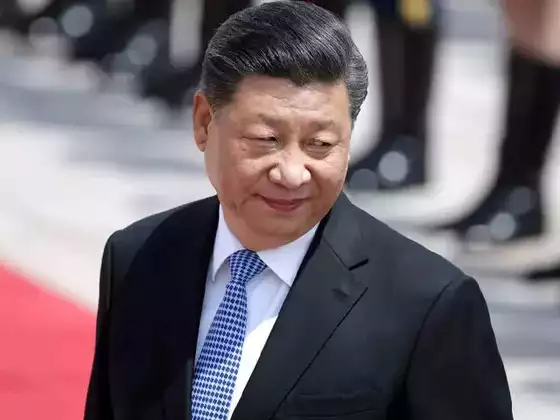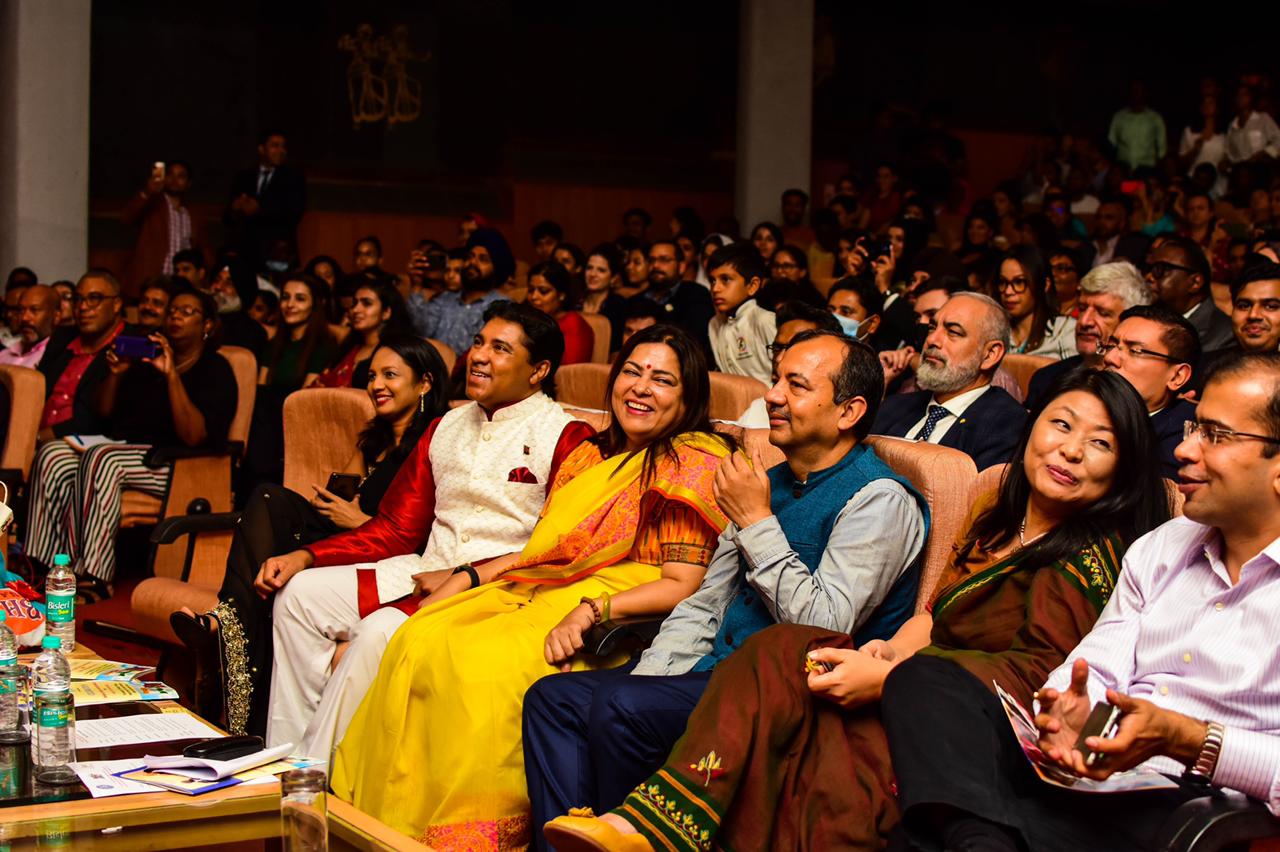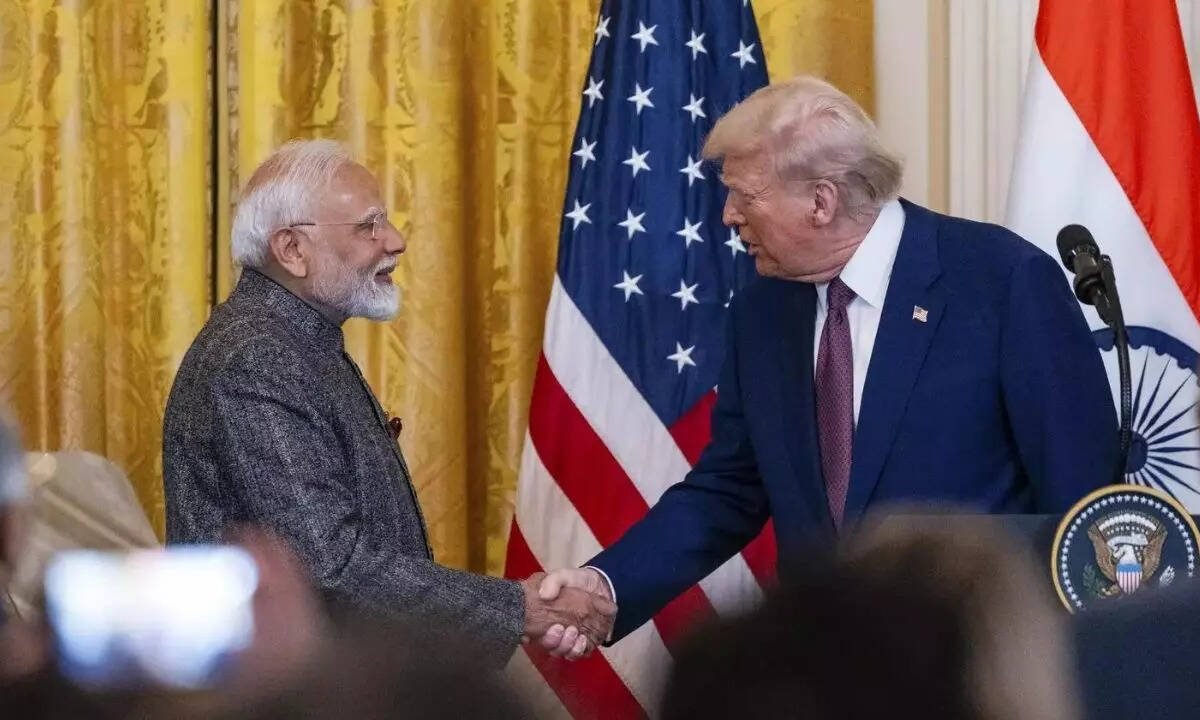Gandhi expressed confidence in India’s ability to compete with China if it reorients its economy towards manufacturing and supports skilled individuals
During a recent visit to the U.S., Congress leader Rahul Gandhi emphasized the need for love, respect, and humility in Indian politics. Speaking to the Indian American community in Texas on September 8, 2024, Gandhi critiqued the Rashtriya Swayamsevak Sangh (RSS) for promoting a singular idea of India, stating that the country should be seen as a multiplicity of ideas. He contrasted this vision with that of the RSS, which he believes enforces a uniform notion of India, undermining its diversity.
Drawing parallels between India and the U.S., Gandhi advocated for a political environment where everyone, regardless of caste, language, religion, or tradition, can participate and thrive. “The fight in India is to protect our Constitution,” he noted, accusing the Prime Minister and ruling BJP of attacking the nation’s democratic fabric. According to Gandhi, the erosion of respect for India’s diversity has led to fear and division among its citizens.
In his address, Gandhi spoke passionately about the absence of essential values like love and respect in Indian politics. He argued that political leaders should demonstrate humility and respect for all communities, not just the most powerful. He also pointed to the failures of the current political system, suggesting that both the government and opposition lack these fundamental traits.
Gandhi pointed to states like Tamil Nadu and Maharashtra as examples of regions already making progress in this direction, though he emphasized the need for more coordination and scale
Gandhi referenced the recent Lok Sabha elections, in which the BJP fell short of a majority, as evidence of public discontent. “The people of India have realized that we will not tolerate attacks on our Constitution, our religion, or our states,” he asserted. He also positioned the Indian diaspora as a crucial “bridge” between India and the U.S., stating that this relationship will shape the future of both countries. The diaspora, he suggested, could play a pivotal role in strengthening ties by sharing ideas across borders.
Another key issue Gandhi addressed was the sidelining of skilled individuals in India. He likened their plight to that of Eklavya, the character from the Mahabharata who was forced to sacrifice his thumb as an act of submission. Gandhi argued that millions of talented people in India are facing similar marginalization, with their skills going unrecognized and unsupported. According to him, India’s development potential lies in harnessing and respecting these talents, not by empowering a select few.
Gandhi further criticized India’s economic model, stating that the nation has largely abandoned manufacturing and production, ceding that space to China. This shift, he argued, has resulted in widespread unemployment and the deepening of political divisions. To address this, he called for a renewed focus on vocational training, linking the education system with business to better prepare workers for modern challenges. Gandhi also acknowledged the impact of new technology on jobs, stressing that while some roles may disappear, new opportunities will arise for those who adapt.
***********************************************************
Readers
These are extraordinary times. All of us have to rely on high-impact, trustworthy journalism. And this is especially true of the Indian Diaspora. Members of the Indian community overseas cannot be fed with inaccurate news.
Pravasi Samwad is a venture that has no shareholders. It is the result of an impassioned initiative of a handful of Indian journalists spread around the world. We have taken a small step forward with the pledge to provide news with accuracy, free from political and commercial influence. Our aim is to keep you, our readers, informed about developments at ‘home’ and across the world that affect you.
Please help us to keep our journalism independent and free.
In these difficult times, running a news website requires finances. While every contribution, big or small, will make a difference, we request our readers to put us in touch with advertisers worldwide. It will be a great help.
For more information: pravasisamwad00@gmail.com








